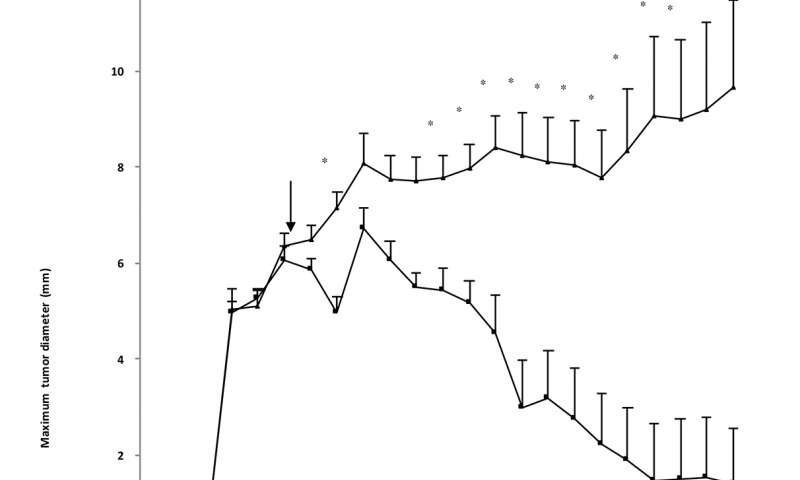
A chemical found in tumors may help stop tumor growth, according to a new study.

Scientists of the University Hospital Erlangen gained substantial knowledge of human dendritic cells, which might contribute to the development of immune therapies in the future.

Now, for the first time, Stanford researchers have mapped out how the human body creates antibodies of every class, revealing that a diverse set of antibody-producing cells springs from the same kind of ancestor.

The immune system affects - and even controls - social behavior, a new study has found. The discovery could have enormous implications for neurological conditions such as autism and schizophrenia.

It's happening: as early as later this year, the gene-editing power tool CRISPR could be used in its first ever human trial.

Scientists have succeeded in generating a new type of embryonic stem cell that carries a single copy of the human genome, instead of the two copies typically found in normal stem cells. These are the first human cells that are known to be capable of cell division with just one copy of the parent cell

An international team of researchers has seen "extraordinary" results using patients' own immune cells to fight cancer. In one trial, 94 percent of patients with acute lymphoblastic leukaemia saw their symptoms disappear entirely.

For those with type 1 diabetes, regularly injecting themselves with insulin is part and parcel of their daily lives. This form of treatment hasn't advanced much for nearly a century, so it will come as good news that researchers at the Massachusetts Institute of Technology (MIT) are on the verge of a breakthrough.